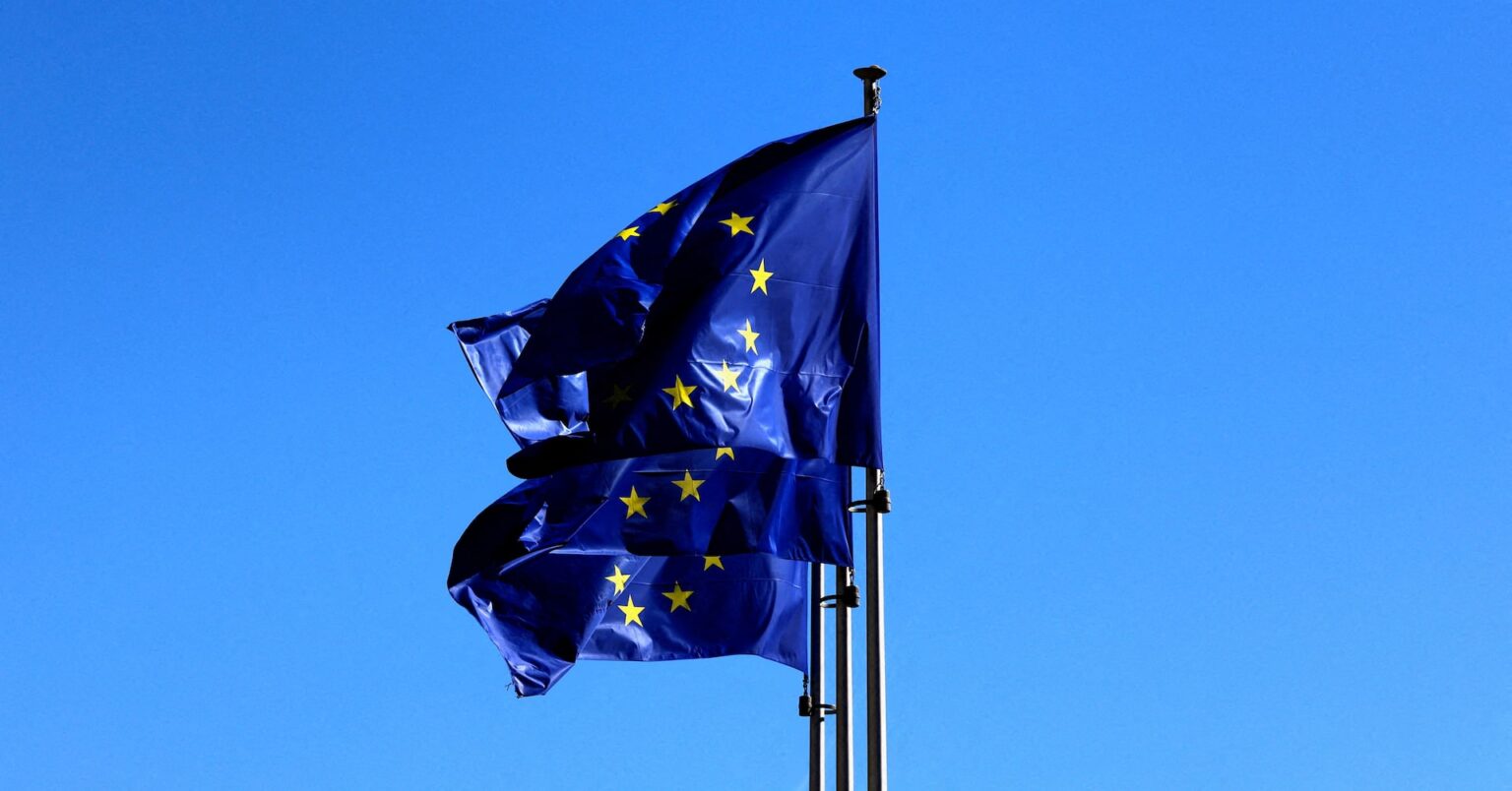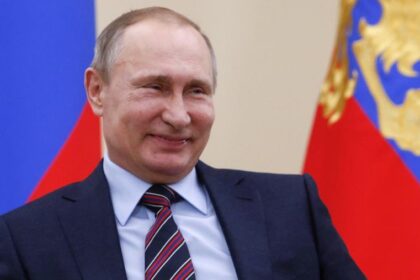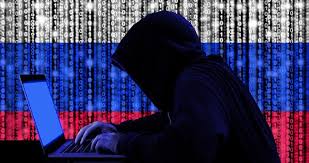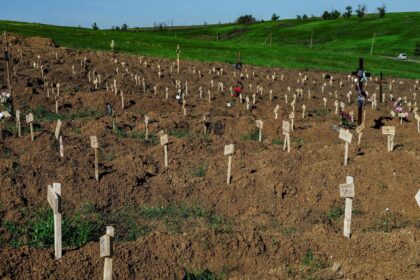**EU Extends Protection for Ukrainians as Russia’s War Continues**
The European Commission has proposed extending temporary protection for Ukrainians who have fled to the EU until March 2027. This move reflects the ongoing uncertainty and volatility of the situation in Ukraine, where Russia’s war continues.
Over 4.25 million people who have fled Ukraine are currently benefiting from the EU’s Temporary Protection Directive. This measure was introduced in response to Russia’s invasion in 2022, allowing for protection and benefits lasting one to three years across the EU, including residence permits, access to employment, and social welfare.
EU officials stress that this extension is crucial for providing legal certainty and avoiding overburdening national asylum systems. The proposal will need approval from the EU member states.
**Helping Ukrainians Return Home**
The European Commission has also proposed measures to help displaced Ukrainians return home when the war eventually ends. These steps include organizing voluntary return programs, providing information and support to those who want to go back, and ensuring that beneficiaries have access to necessary resources.
Ukrainian Deputy Prime Minister Oleksiy Chernyshov emphasized the importance of having Ukrainians return home once the fighting is over. “We desperately need Ukrainians back home once the war is over,” he said.
**Preparations for a Post-War Scenario**
Many displaced Ukrainians are currently in Germany, Poland, and the Czech Republic, according to EU statistics. The Commission’s recommendations include starting to transition beneficiaries who want to stay in the EU to other legal statuses, such as work permits or student visas, while also preparing for voluntary returns.
This approach reflects a nuanced understanding of the complex needs and preferences of displaced Ukrainians. As one official noted, “some may hope to stay in the EU when the war ends,” but it’s essential to ensure that those who want to return home have access to the necessary support and resources.
Read More @ www.reuters.com












